09/09 Nine Japanese Female Poets / Nine Heian Waka Poems, translated from the Japanese by Naoko Fujimoto, Toad Press/Veliz Books, 2024
My parents were criticized for allowing a girl to study advanced language skills and piano lessons–for what–“Why don’t you keep your daughter in Nagoya?” Some teachers looked at me saying, “You are not even the smartest, nor a boy.”
Have you ever wished to be a boy? And have you ever interrogated the root of that wish? Perhaps you have been told by your family members that a woman’s role is not to utter garbage-talk like a hen pooping. Or perhaps your family’s insistence that you get married off has grown more insistent over the years. Maybe it’s shameful to admit that you’ve never been seated at the center of the table, that you’ve internalized a certain misogyny, or that you live in a society that has instated men as the heads of households, as breadwinners and intellectual superiors—not because they are smarter, but because they were given the opportunity to pursue their education.
This was the case for the men and women in my grandparents’ generation, who grew up under the Japanese occupation of Taiwan and the Confucian teachings that compare the “tiny man” (the scoundrel) with the “women.” I grew up learning about the Nineteenth Amendment and the Declaration of the Rights of Women in a neighborhood that largely continues to unlawfully segregate jobs by gender. The number of times I have been told that my writing is “frivolous” and that I was “not serious” about my literary career is innumerable.
How remarkable it is then to behold 09/09 by Naoko Fujimoto as a testament to the resilience and remarkable artistry of Japanese women writers during the Heian period (794 to 1185), a time of both gender segregation and cultural flourishing. I find myself seeing my obstacles mirrored in the Heian court custom of referring to women by their relationship with their male relative, or in Fujimoto’s lament in being called out as “not even the smartest”—with smart being measured by her ability to repeat what she has memorized verbatim on these make-you-or-break-you high stakes examinations that are characteristic of East Asian countries like Japan, Korean, or Taiwan. The idea that only the “best women” are afforded the same education as the most ordinary man is pernicious and deeply ingrained in East Asian society, even with the ongoing women’s rights movements in those countries. That identity is further complicated in East Asian-American communities overseas, where western values of independence clash with Asian values of Confucian filial piety and female subservience to men, and where leadership positions continue to be wielded by men in all types of professions. READ MORE…

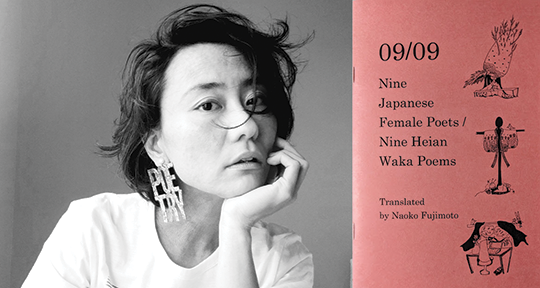
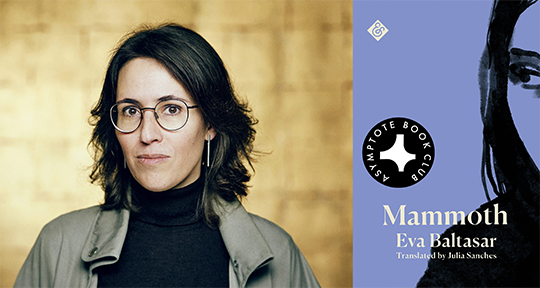
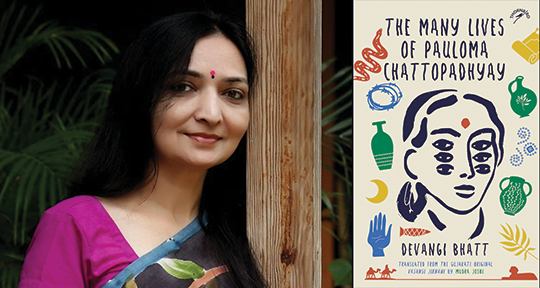
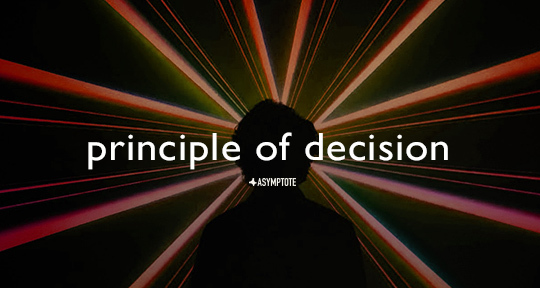

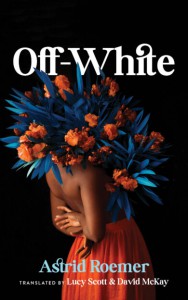
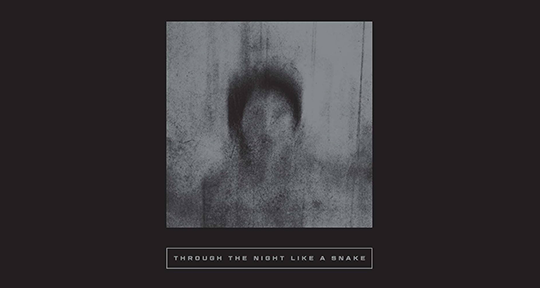
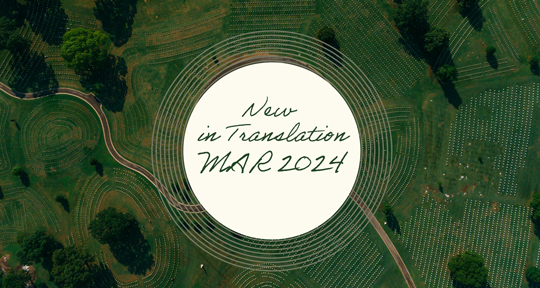
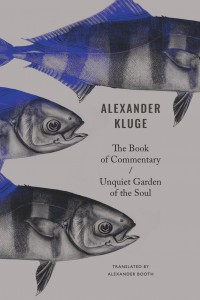
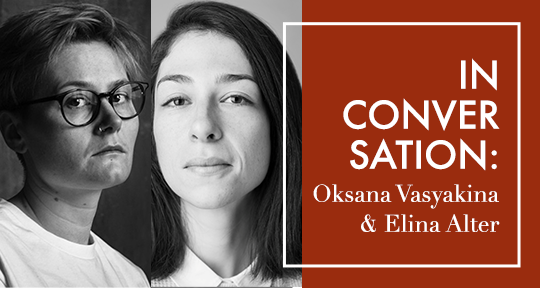
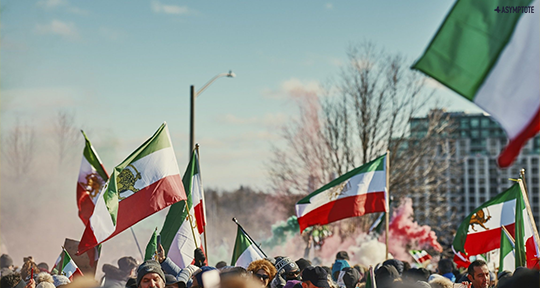
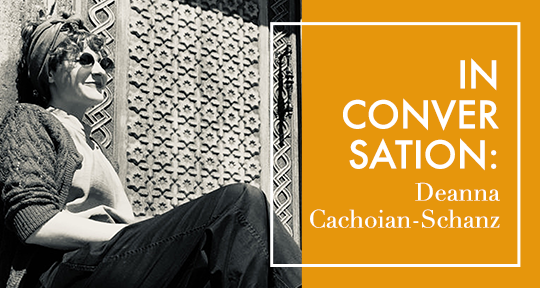
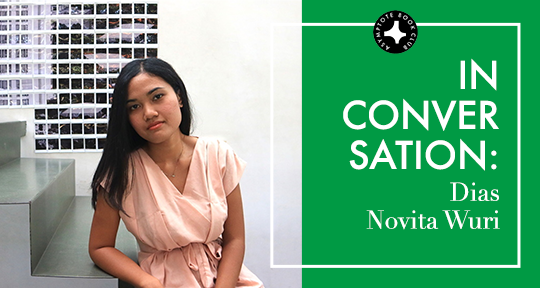

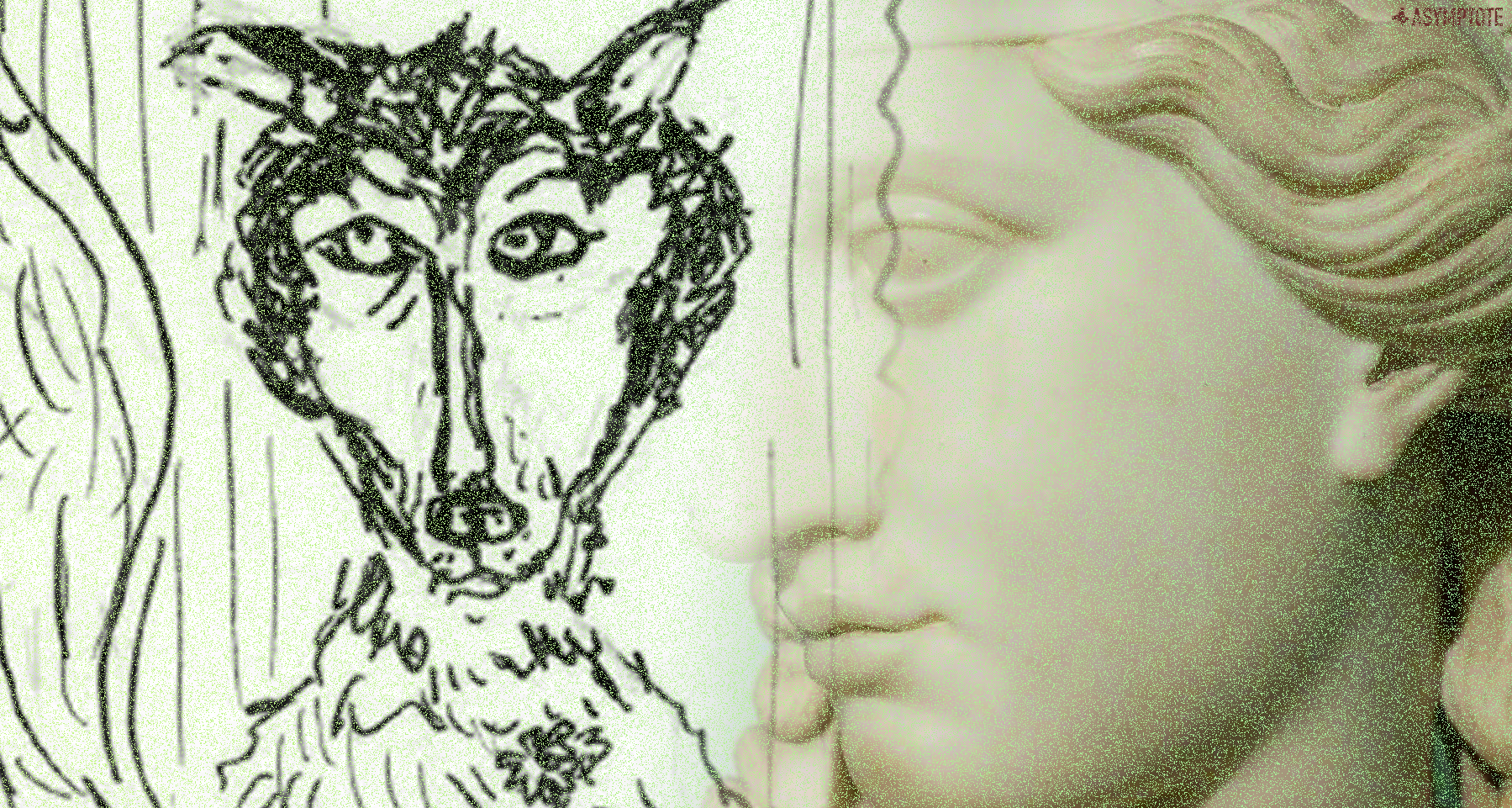
Announcing Our September Book Club Selection: A Long Walk From Gaza by Asmaa Alatawna
Alatawan’s novel is both personal and political; at its heart, it’s a story about freedom.
In Asmaa Alatawna’s mesmerizing and clear-sighted debut novel, A Long Walk from Gaza, the long journey of migration is revealed as a dense mosaic of innumerable moments—a gathering of the many steps one takes in growing up, in fighting back, and in learning the truths about one’s own life. From the Israeli occupation to the daily violences of womanhood, Alatawna’s story links our contemporary conflicts to the perpetual challenges of human society, tracking a mind as it steels itself against judgment and oppression, walking itself towards selfhood’s independent definitions. We are proud to present this title as our Book Club selection for the month of September; as Palestine remains under assault, A Long Walk from Gaza stands as a powerful narrative that resists the dehumanizing rhetoric of war.
The Asymptote Book Club aspires to bring the best in translated fiction every month to readers around the world. You can sign up to receive next month’s selection on our website for as little as USD20 per book; once you’re a member, join our Facebook group for exclusive book club discussions and receive invitations to our members-only Zoom interviews with the author or the translator of each title.
A Long Walk From Gaza by Asmaa Alatawna, translated from the Arabic by Caline Nasrallah and Michelle Hartman, Interlink Publishing, 2024
There are some books that grab you from the very first line and hold your attention tight, right through every single word to the end; even once you’ve finished reading them, they keep delivering with their exquisite phrasings and stunning imagery, their deft, original storytelling. Asmaa Alatawna’s A Long Walk from Gaza, co-translated by Caline Nasrallah and Michelle Hartman, is one such novel. Through her enthralling and thoughtful prose, Alatawna unfolds idea after idea, fact after fact, emotion after emotion, recounting a tumultuous upbringing and journey that moves with both personal and universal resonance.
A Long Walk from Gaza is Alatawna’s debut in both Arabic and English—a semi-fictionalized, coming-of-age novel. Originally published in 2019 as Sura Mafquda, it explores the struggles of a teenage Gazan girl as she rebels against her surroundings, both at home and at school, and her heartbreak as she leaves Gaza for a new life in Europe. Her escape doesn’t resolve her problems but instead introduces new challenges, revealing the persistent, ongoing internal conflict of exile. While portraying life and a childhood under Israeli occupation and oppression, Alatawna also takes an incisive, knowing look at the patriarchal system of her own people. READ MORE…
Contributor:- Ibrahim Fawzy
; Language: - Arabic
; Place: - Palestine
; Writer: - Asmaa Alatawna
; Tags: - exile
, - feminism
, - Interlink Publishing
, - liberation
, - migration
, - occupation
, - social commentary
, - War
, - Women Writers